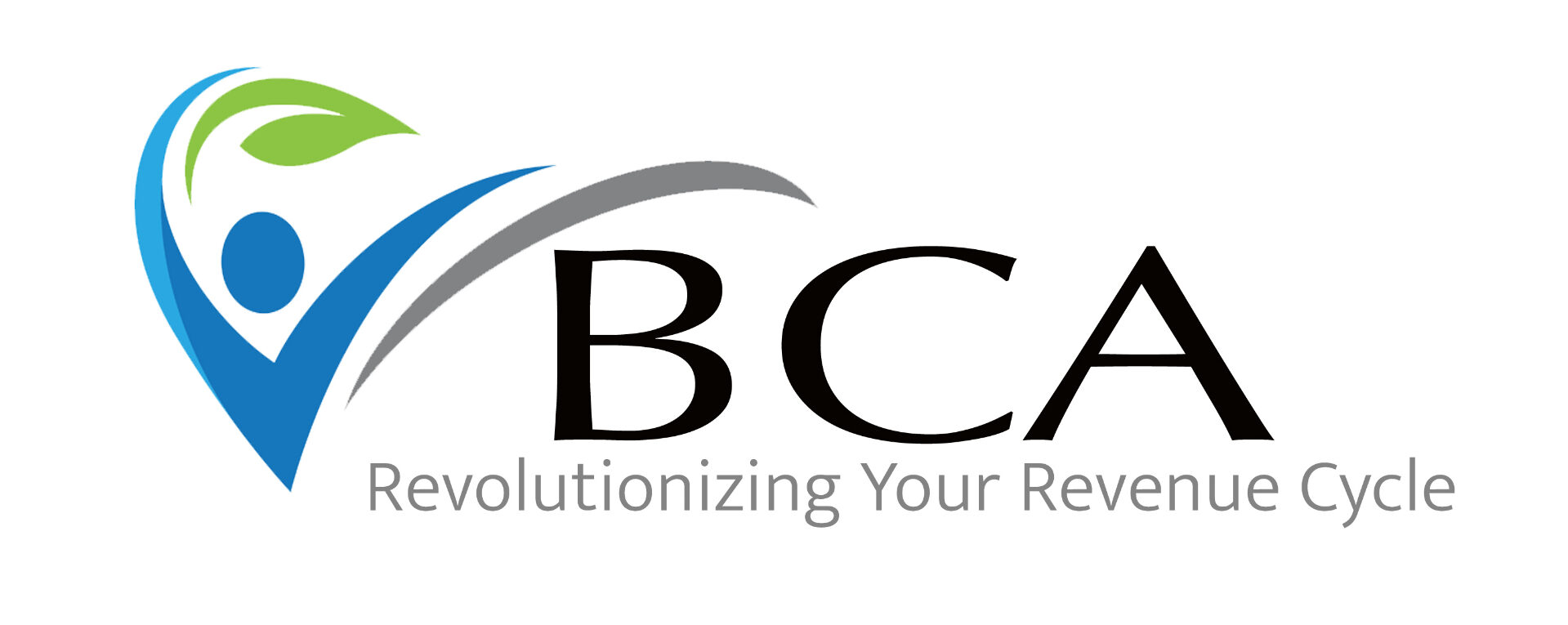If you’re responsible for revenue, billing, or finance in a community health clinic right now, you already know: this isn’t just a hard year. It’s a perfect storm.
You’re preparing a budget under more pressure than ever, working with fewer staff than you need, and still trying to hit payer targets and compliance metrics that don’t pause just because your resources did.
And now, Medicaid cuts and audit expansions are compounding that pressure.
At BCA, we’ve supported FQHCs and RHCs for over 35 years. We’ve weathered policy shifts, EHR transitions, and workforce shortages with our clients—but we’ve never seen a convergence of risk and reduction quite like this.
Here’s what’s happening, what it means for your clinic, and how others are finding a way to steady the ground beneath them.
What’s Behind the Storm?
1. Historic Medicaid Cuts
In 2025, Congress passed significant reductions to Medicaid funding as part of broader federal spending reforms. These cuts affect:
- Federal matching funds
- Provider tax thresholds
- Eligibility enforcement
- Expansion program rollbacks
According to policy estimates, up to 15 million people may lose coverage, and community health centers will be among the first to feel that impact. With FQHCs and RHCs relying on Medicaid for 30% to 60% of their operating revenue, this is not just a reimbursement issue—it’s an existential threat.
2. Expanded RADV Audit Pressure
As detailed in our previous post, CMS is now auditing every Medicare Advantage plan contract annually. The result:
- More documentation requests passed down to providers
- Increased scrutiny of diagnosis coding accuracy
- Greater risk of extrapolated recoupments
And yes, even if your clinic isn’t the one being audited, you are often the source of documentation, and payers are pushing recoupment risk downstream.
3. Budget Season With Fewer Levers to Pull
At this point in the year, many clinics are entering budget planning with:
- Fewer staff (and hiring freezes in place)
- No new grant funds
- Escalating payer complexity
- Contracted coders or consultants already cut
In other words, your margin for error is gone—but your workload hasn’t gotten lighter.
Why FQHCs and RHCs Are Especially Exposed
Community-based clinics already operate with less flexibility than private multispecialty practices. Here’s why this storm hits safety-net providers harder:
- High reliance on Medicaid: Cuts hit directly, not indirectly
- Underserved patient populations: Risk adjustment is necessary but documentation is harder to maintain
- Staff turnover: New clinicians may not be fully trained in billing or documentation compliance
- Grant reporting requirements: Add additional operational strain during a time of reimbursement instability
It’s a model designed to maximize care—not cash flow. And while the mission hasn’t changed, the financial math has.
What Can Clinics Do Right Now?
You can’t control federal policy. But there are a few steps clinics are taking now that make a real difference:
🔹Focus on Documentation Quality
Before payers do. Proactively reviewing clinical documentation—especially for E/M visits, HCCs, and problem lists—can prevent recoupments, support risk adjustment accuracy, and improve UDS performance.
🔹Clean Up Denials
Don’t just rework them—learn from them. Understanding the root cause of denied claims (eligibility, coding, credentialing, medical necessity) can highlight training or workflow issues you can address at scale.
🔹Prioritize Credentialing
Missed renewals and provider enrollment delays can cost tens of thousands in lost revenue. A simple tracker and monthly review process can prevent revenue loss without requiring full-time staff.
🔹Train Clinicians Strategically
Not generically. Use audit findings and coding patterns to deliver short, targeted education that actually improves performance and reduces risk. One missed 99214 per week per clinician adds up fast.
🔹Look for Stability in Your Partnerships
The biggest challenge for clinics right now is unpredictability. Patient volumes are down. Medicaid revenue is volatile. Staff turnover is constant. One of the best ways to manage the chaos is to make sure at least one part of your operation has consistent, predictable support.
How BCA’s Shared Services Offer Predictable Help—When Everything Else Feels Unpredictable
We built our Shared Support Services model specifically for this moment.
You don’t need a full-time revenue cycle manager. You don’t need a permanent compliance officer. You don’t need a coding trainer on staff.
What you do need is:
- Documentation audits that catch risk early
- Denial and credentialing oversight to protect your revenue
- Clinician education tailored to real audit findings
- Policy and compliance support to prepare for audits
- KPI dashboards to help you prioritize under pressure
Our entry package includes all of that—starting at $3,500/month.
No hidden fees. No hourly surprises. Just predictable, month-over-month support that lightens your load and protects your revenue.
And if your clinic grows or your needs shift, you can scale up at your pace.
You’re Not Alone—And You Don’t Have to Figure It Out Alone
We’ve worked with more than 300 clinics nationwide. And in 2025, we’ve had more conversations about clinic survival than we’ve ever had before.
We hear your anxiety. We see the long nights and the impossible math. And we want to say: you’re not doing anything wrong. This moment is just that hard.
Let us help you stabilize what you can control.
📅 Schedule a free consultation
Book a time that works for you
No pressure. No commitment. Just an honest conversation about what support might help your clinic weather this season—and come out stronger.
Ready to Talk?
If you’re staring down budget season unsure how to keep up with credentialing, denials, training, audits, and reporting, while still serving your patients meaningfully, we’re here.
Let’s talk about what kind of support could give your team the breathing room it needs.
Book your free consultation
Choose a time that works for you
No obligation. Just an honest conversation about what might help your clinic stay afloat to keep serving your community.
